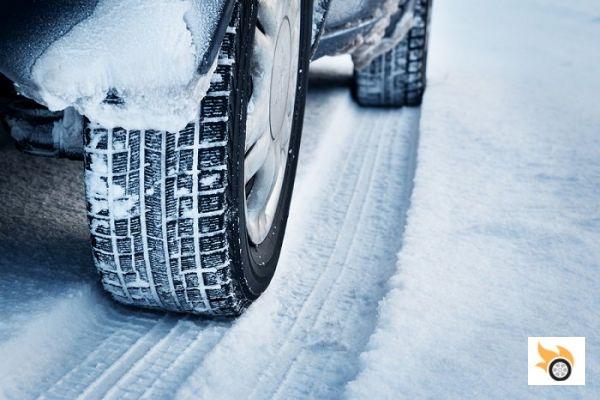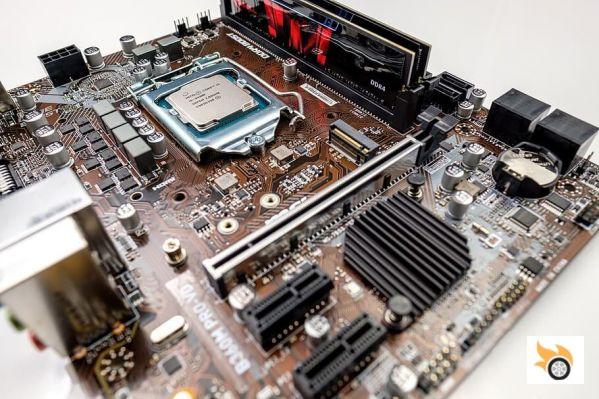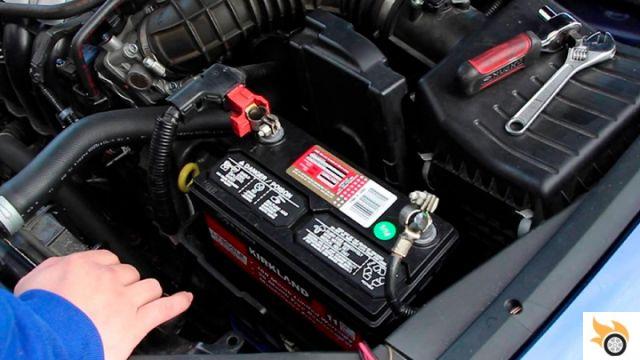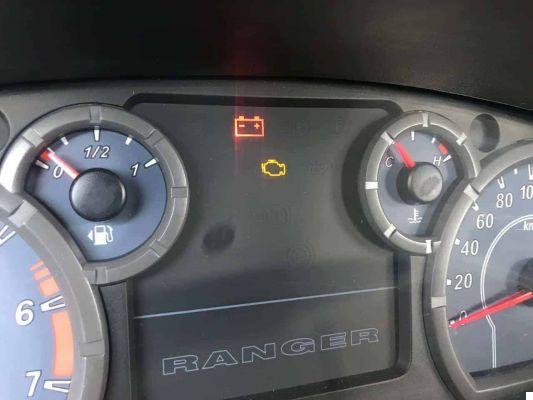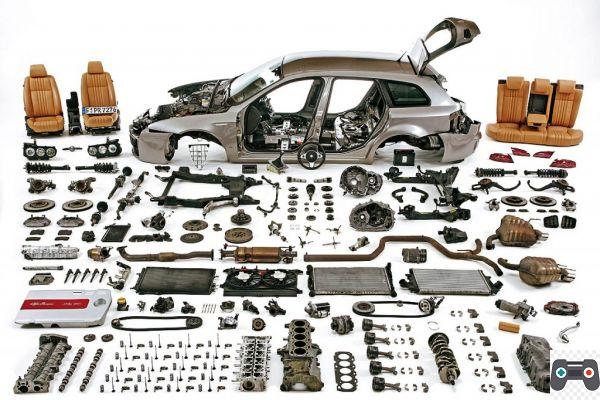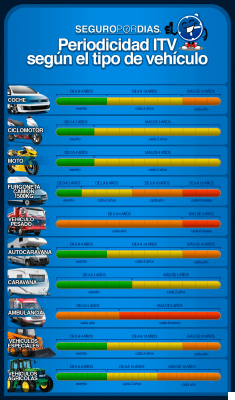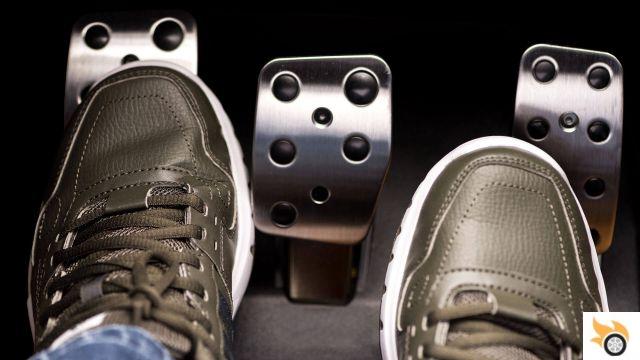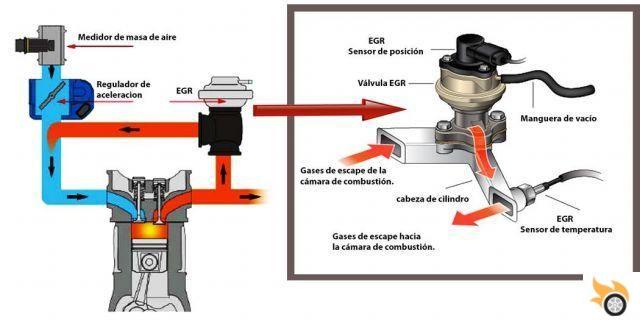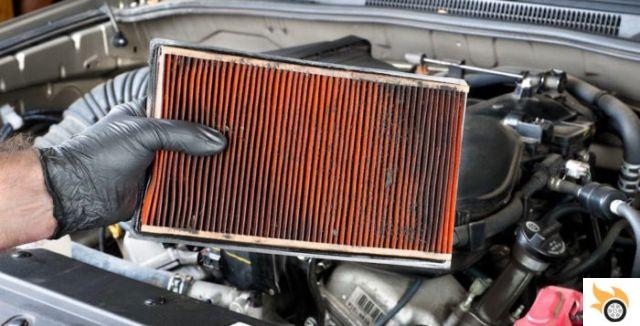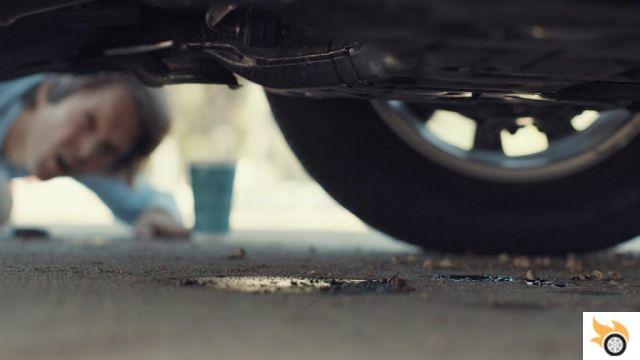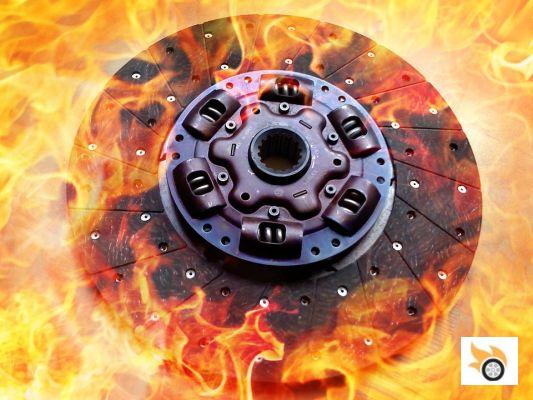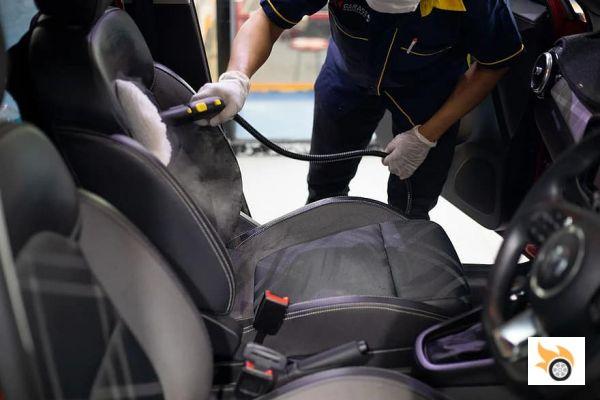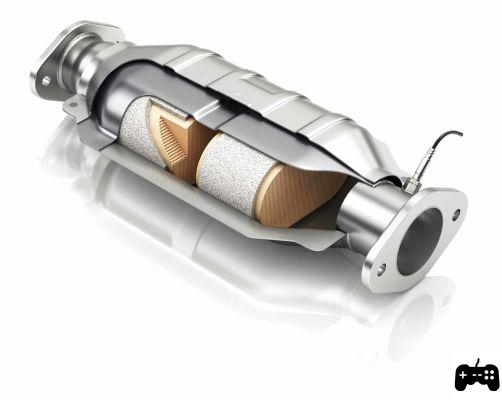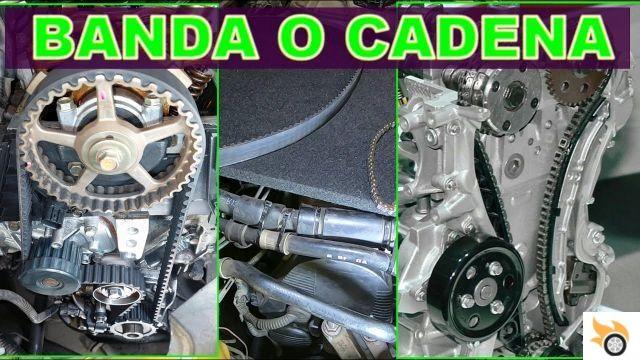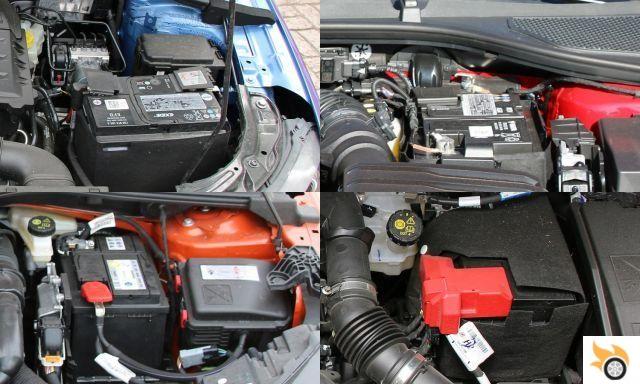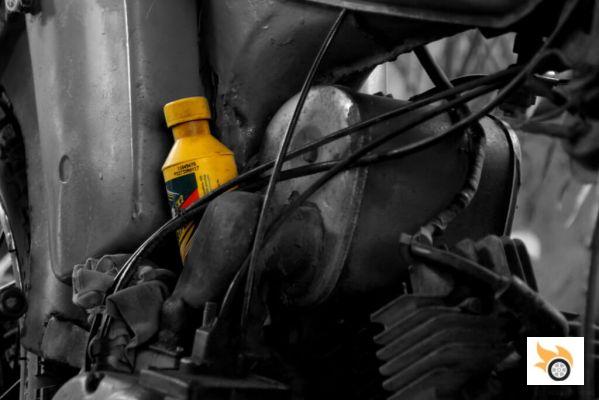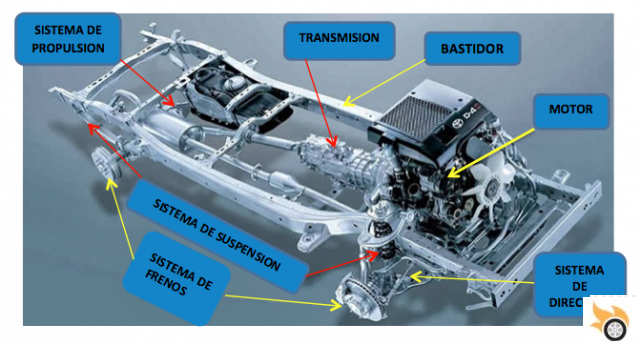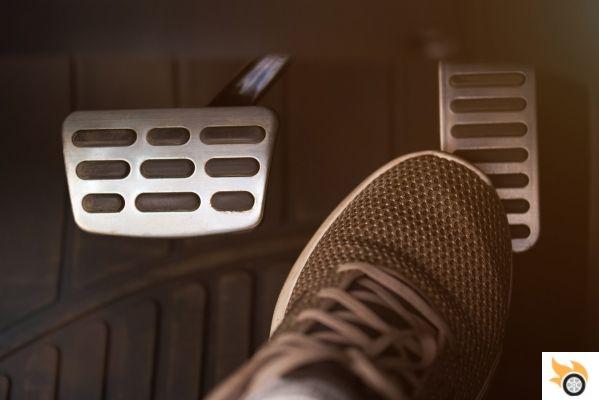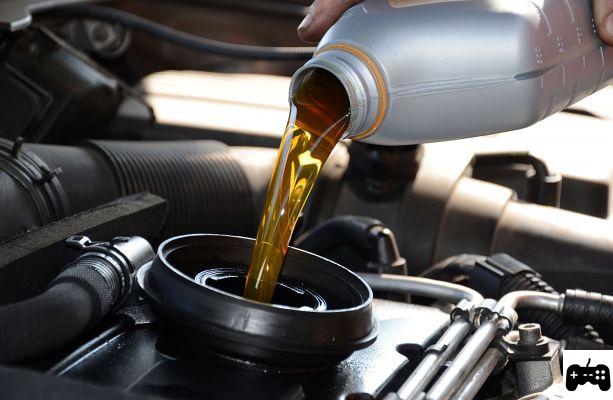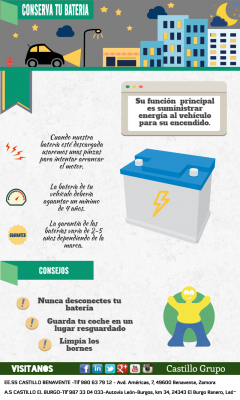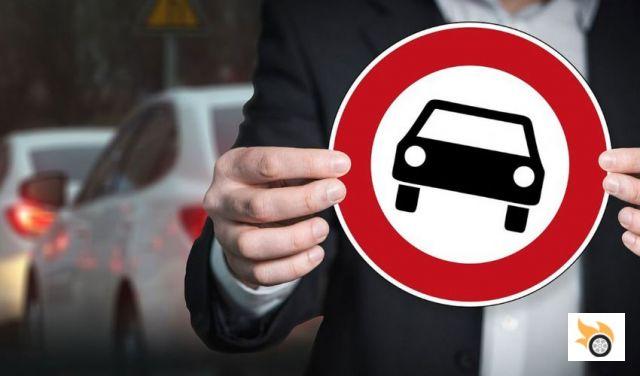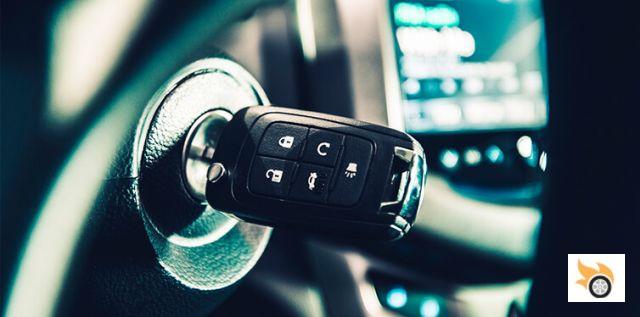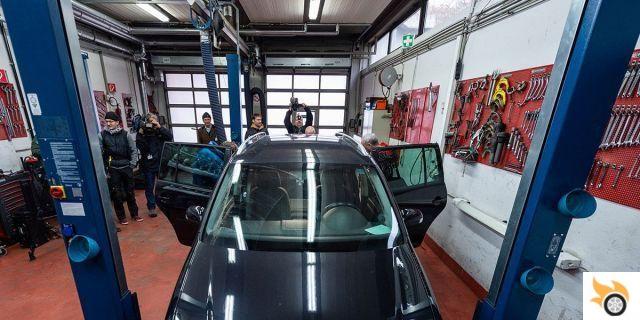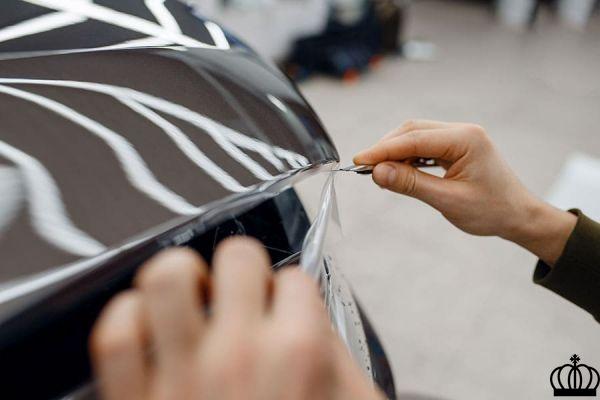
In this article, we are going to talk about the different types of vinyl available for vehicles, as well as their use, benefits and durability. We are also going to explain the differences between the types of vinyl and how they are used to wrap or wrap cars.
Types of vehicle vinyl
There are several types of vinyl that are commonly used in the automotive industry. Next, we will describe the most popular:
Cutting vinyl
Cut vinyl is a type of vinyl used to create custom lettering and designs. It is cut with a specialized machine and applied directly to the surface of the vehicle. This type of vinyl is highly durable and weather resistant, making it ideal for vehicle wraps.
print vinyl
Print vinyl is a type of vinyl used to print complete designs in high quality. A specialized printer is used to print the design onto the vinyl, which is then applied to the surface of the vehicle. This type of vinyl is very versatile and allows you to create complex and detailed designs.
carbon fiber vinyl
Carbon fiber vinyl is a type of vinyl that mimics the look of carbon fiber. It is mainly used to give a sporty and elegant look to the vehicle. This type of vinyl is very strong and durable, and also offers protection against UV rays and scratches.
liquid vinyl
Liquid vinyl is a type of vinyl that is applied in a liquid form and dries to form a protective layer. It is mainly used to protect vehicle paint from scratches, sun and chemical damage. This type of vinyl is very easy to apply and can be removed without leaving any residue.
Use of vinyl on vehicles
Vinyl is used on vehicles primarily for wrap and wrap. Wrapping involves applying custom lettering and designs onto the surface of the vehicle, while wrapping involves covering the entire vehicle with an entire design. Both methods allow you to customize the appearance of the vehicle and promote a brand or business.
In addition to wrapping and wrapping, vinyl is also used to protect vehicle paintwork from sun damage, scratches and chemicals. The vinyl acts as a protective barrier and can be easily replaced if it becomes damaged.
Advantages of vehicle vinyl
Using vinyl on vehicles offers several advantages compared to other personalization and protection options. Next, we are going to list some of the most outstanding advantages:
Durability
Vinyl is highly durable and weather resistant. It can withstand extreme conditions, such as rain, sun and snow, without losing its color or quality. This makes it an ideal choice for vehicles that are exposed to harsh conditions.
Customization
The vinyl allows complete customization of the vehicle. Unique and custom designs can be created that reflect the owner's personality or promote a brand or business. In addition, the vinyl is available in a wide range of colors and finishes, allowing you to create bespoke designs.
Protection
The vinyl acts as a protective barrier for the vehicle's paint. Protects against UV rays, scratches and chemicals, preventing the paint from deteriorating over time. In addition, the vinyl can be removed without leaving any residue, which allows you to keep the original paint of the vehicle in perfect condition.
Differences Between Vinyl Types
Although all of the types of vinyl mentioned above are used in the automotive industry, there are some important differences between them. Next, we will explain the main differences:
Application
Cut vinyl is applied directly to the surface of the vehicle, while print vinyl is first printed and then applied. Carbon fiber vinyl and liquid vinyl are also applied directly to the vehicle's surface, but have different properties and characteristics.
Appearance
Cut vinyl and print vinyl can be in any design or color, while carbon fiber vinyl mimics the look of carbon fiber and liquid vinyl forms a clear coat. Each type of vinyl has a unique look and can be used to achieve different aesthetic effects.
Protection
Cut vinyl, print vinyl, and carbon fiber vinyl offer protection against UV rays, scratches, and chemicals. Liquid vinyl, in addition to offering protection, can also be removed without residue, making it easy to replace if necessary.
Frequent questions
How long does vinyl last on a vehicle?
The durability of vinyl on a vehicle depends on several factors, including the quality of the vinyl, weather conditions, and care of the vehicle. In general, high quality vinyl can last 5-7 years or more as long as it is properly maintained.
Is it possible to remove vinyl from a vehicle?
Yes, it is possible to remove vinyl from a vehicle. Cut vinyl and print vinyl can be removed using heat and special adhesive removal products. Carbon fiber vinyl and liquid vinyl can also be removed, but may require a more involved process.
Conclusion
In short, vinyl is an excellent option for personalizing and protecting vehicles. There are different types of vinyl available such as cut vinyl, print vinyl, carbon fiber vinyl, and liquid vinyl, each with their own characteristics and benefits. Vinyl offers durability, customization and protection, and can be used for signage, wrapping and paint protection. If you're looking for a way to enhance the look of your vehicle and protect it at the same time, vinyl is the perfect choice.
We hope this article has been useful to you and has provided you with the information you were looking for. If you have any additional questions or want to share your experience with vehicle vinyl, feel free to leave a comment below. We would love to hear your opinion!
Until next time!




